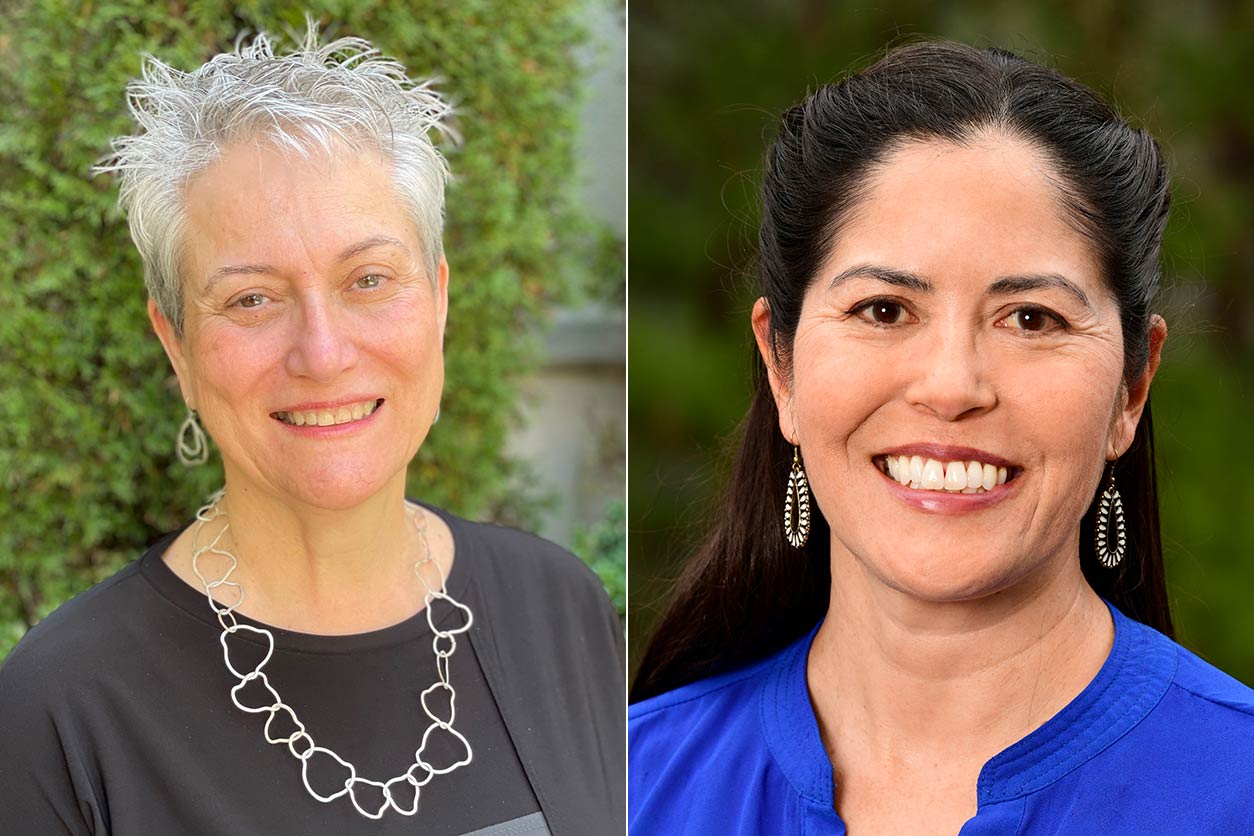In December, the National Institutes of Health (NIH) unveiled its 2024 Climate Change and Health Initiative (CCHI) Annual Report. The second annual report details progress in fiscal year 2024 (Oct. 2023-Sept. 2024) to expand research into, and understanding of, health threats linked to a changing climate.
“The CCHI’s accomplishments represent work across disciplines to advance science and address complex and intersecting health challenges,” said Gwen Collman, Ph.D., who helps lead the NIH-wide initiative and directs the NIEHS Office of Scientific Coordination, Planning, and Evaluation.
She added that by emphasizing a collaborative approach, CCHI hopes to enrich the overall research landscape and foster innovative solutions.
Promoting collaborative research
The CCHI supported collaboration through the CAFÉ Research Coordinating Center (CAFÉ), the Climate and Health Scholars Program, and cross-sector partnerships with non-NIH agencies and organizations. Examples of how these efforts provided training and mentorship to researchers from a broad range of scientific disciplines are as follows.
- CAFÉ grew the global climate and health community of practice to more than 2,000 active members and connected researchers, health practitioners, students, community members, and educators. The coordinating center also hosted an inaugural virtual conference for 900 participants representing 62 countries, in addition to launching a grant-writing mentorship program and organizing a public webinar series through “CAFÉ University.”
- NIH welcomed the second class of Climate and Health Scholars. During their tenure at NIH, the seven visiting scholars organized capacity building workshops, facilitated webinars, conducted landscape analyses, and shared data resources and access strategies with their host institutes and centers.
- Key partners included the National Science Foundation, the National Academies of Sciences, Engineering, and Medicine, Wellcome Trust, World Health Organization, and the U.S. Environmental Protection Agency.
Working with vulnerable communities
Sixteen new Exploratory Research Centers and four Alliance for Community Engagement – Climate and Health sites were funded during fiscal year 2024.
“Through our community engagement efforts, CCHI is pioneering evidence-based solutions that promote long-term climate resilience in vulnerable communities,” said Ashlinn Quinn, Ph.D., the NIEHS program officer for climate change and health.
For example, these programs connect community leaders and scientific researchers to co-develop information, tools, and solutions tailored to the lived reality of communities already feeling the effects of a changing climate. Thanks to the recent awards, the number of Exploratory Research Centers quadrupled.

To learn about other accomplishments, read the full annual report and stay up-to-date on the latest news, funding, and training opportunities by visiting the CCHI website or subscribing to CCHI’s monthly bulletins.
(Samantha Ebersold is a communications specialist in the NIEHS Office of Communications and Public Liaison.)
Source link
factor.niehs.nih.gov

